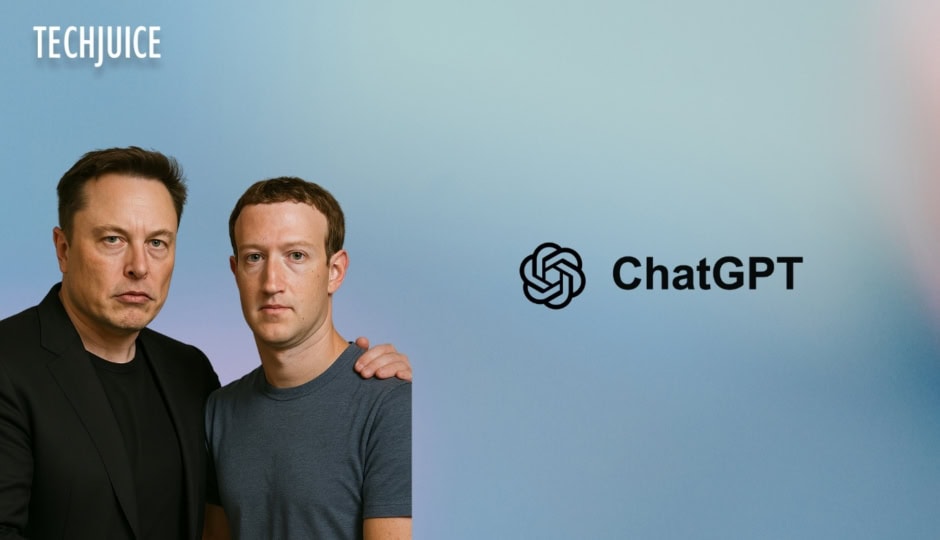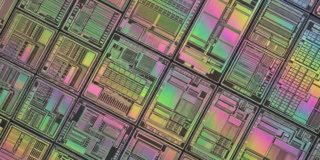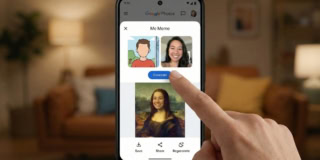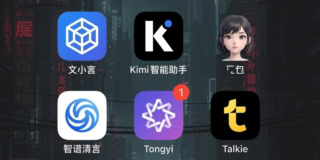OpenAI has announced changes to its content moderation policies, now permitting ChatGPT to generate images of public figures, controversial symbols, and racial features upon request. Previously, the company had been reluctant to generate such content, citing concerns about potential harm or controversy.
The revised policy, revealed in a blog post this week by OpenAI’s model behavior lead, Joanne Jang, marks a significant evolution in the company’s approach to content moderation. Jang explained that OpenAI is moving away from blanket refusals for sensitive topics and adopting a more nuanced strategy focused on minimizing real-world harm.
“We’re shifting from blanket refusals in sensitive areas to a more precise approach focused on preventing real-world harm,” Jang wrote. “The goal is to embrace humility: recognizing how much we don’t know, and positioning ourselves to adapt as we learn.”
The updated policy allows ChatGPT to produce images of prominent figures, including former U.S. President Donald Trump and Elon Musk who were earlier forbidden from the system. The new feature gives users the ability to decide whether they want their images to be available for AI generation through OpenAI.
OpenAI now enables the generation of “hateful symbols” such as swastikas with specific conditions which include educational or neutral contexts that don’t express support for extremist movements. OpenAI now accepts content applications which were previously banned altogether.
The updated policy changes what counts as offensive content according to the company. The AI previously rejected any requests which sought physical changes such as eye reshaping or body weight alterations. The new guidelines enable ChatGPT to satisfy such requests thus altering what gets considered permissible.
OpenAI implements these updates as part of its general mission to enhance ChatGPT performance while making it handle more requests without rejection. OpenAI maintains additional security measures for topics which they consider sensitive including images of children.
OpenAI made this policy change during an expanding public discussion about AI content moderation as technology companies experience intensified accountability regarding their moderation practices. OpenAI maintains its policy revisions are unrelated to political considerations but these changes spark new examinations about ethical challenges of AI content creation and its effects on societal discussions.
In addition to easing its content restrictions, OpenAI launched an upgraded image generator within ChatGPT that has captured the internet’s attention. The new feature, powered by GPT-4o, allows users to generate highly detailed images in various artistic styles, including Studio Ghibli-inspired illustrations. The generator’s ability to create stunning, pastel-colored artwork that mirrors the beloved Japanese animation studio’s aesthetic quickly went viral, sparking excitement among users.

 3 min read
3 min read


















